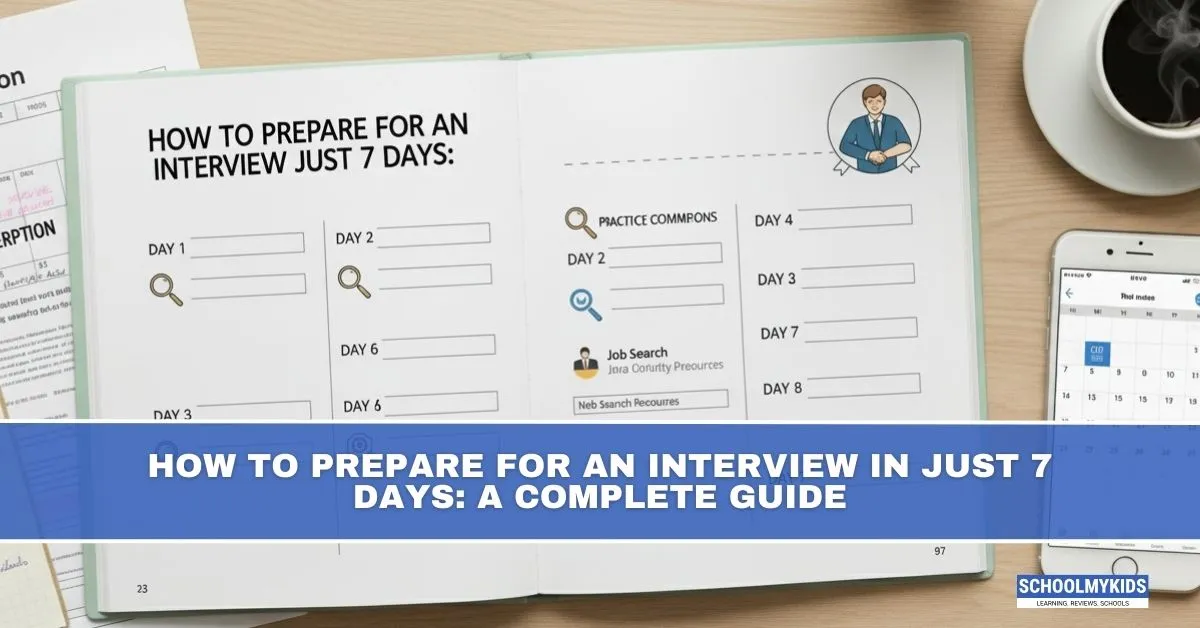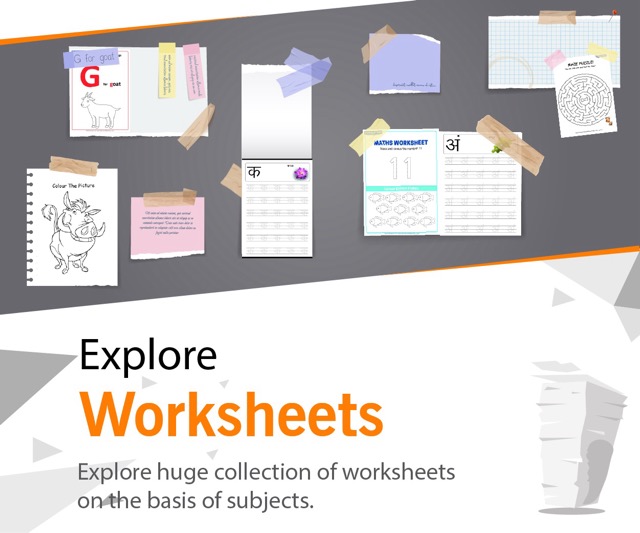Landing an interview with just one week to prepare might feel daunting, but with a structured approach and focused effort, you can significantly boost your chances of success. Here's your comprehensive day-by-day roadmap to interview preparation.
Day 1: Research and Foundation Building
Morning: Company Deep Dive: Start by thoroughly researching the company. Visit their official website, read their mission statement, values, and recent news. Understanding the company culture and recent developments will help you tailor your responses and demonstrate genuine interest.
Afternoon: Role Analysis: Carefully analyze the job description. Identify the key skills, qualifications, and responsibilities mentioned. Create a list of requirements and match them with your own experience and skills. This will form the foundation of your interview responses.
Evening: Industry Context: Research the broader industry landscape. Understanding market trends, challenges, and opportunities will help you speak knowledgeably about how your role fits into the bigger picture.
Day 2: Self-Assessment and Story Preparation
Morning: Skills Inventory: Create a comprehensive list of your skills, experiences, and achievements. Use the STAR method (Situation, Task, Action, Result) to structure stories that demonstrate these competencies. Prepare at least 5-7 compelling examples that showcase different skills.
Afternoon: Weakness Strategy: Identify potential weaknesses or gaps in your experience. Develop honest but strategic responses that show self-awareness and a commitment to growth. Always pair weaknesses with concrete steps you're taking to improve.
Evening: Value Proposition: Craft a clear, concise elevator pitch that summarizes who you are, what you bring to the table, and why you're interested in this specific role and company.
Day 3: Common Questions and Responses
Morning: Standard Questions: Prepare responses for common interview questions:
- "Tell me about yourself"
- "Why do you want this job?"
- "Why are you leaving your current position?"
- "What are your strengths and weaknesses?"
- "Where do you see yourself in five years?"
Afternoon: Behavioral Questions: Focus on behavioral questions that typically start with "Tell me about a time when..." or "Give me an example of..." These questions assess your past behavior as a predictor of future performance.
Evening: Technical Preparation: If relevant to your field, review technical skills, industry-specific knowledge, or tools mentioned in the job description. Practice explaining complex concepts in simple terms.
Day 4: Mock Interviews and Practice
Morning: Solo Practice: Practice your responses out loud in front of a mirror or record yourself. Pay attention to your body language, tone, and pace. Aim for responses that are concise but comprehensive (typically 1-2 minutes for most questions).
Afternoon: Mock Interview: Conduct a mock interview with a friend, family member, or mentor. Ask them to play the role of the interviewer and provide feedback on your responses, body language, and overall presentation.
Evening: Question Development: Prepare thoughtful questions to ask your interviewer. These should demonstrate your interest in the role and company while helping you gather important information about the position.
Day 5: Logistics and Professional Presentation
Morning: Interview Logistics: Confirm all interview details: date, time, location (or video platform), interviewer names, and expected duration. Plan your route if it's in-person, allowing extra time for potential delays.
Afternoon: Outfit Selection: Choose and prepare your interview attire. Ensure it's appropriate for the company culture—err on the side of being slightly overdressed rather than underdressed. Test your video setup if it's a virtual interview.
Evening: Portfolio Preparation: Organize any relevant documents: multiple copies of your resume, portfolio samples, references, and a list of questions. Create both physical and digital versions.
Day 6: Final Preparations and Confidence Building
Morning: Last-Minute Research: Review any recent company news, the interviewer's LinkedIn profile (if known), and refresh your memory on key talking points. Look for recent achievements or changes that you can reference.
Afternoon: Stress Management: Practice relaxation techniques such as deep breathing exercises or meditation. Physical exercise can also help reduce anxiety and boost confidence.
Evening: Final Review: Do a final run-through of your key stories and responses. Avoid cramming new information at this point—focus on reinforcing what you already know.
Day 7: Interview Day Excellence
Morning Routine
- Get a good night's sleep (aim for 7-8 hours)
- Eat a nutritious breakfast to maintain energy levels
- Arrive 10-15 minutes early (or log in 5 minutes early for virtual interviews)
- Bring breath mints, a bottle of water, and backup materials
During the Interview
- Listen Actively: Pay close attention to each question and take a moment to think before responding
- Be Specific: Use concrete examples and quantifiable results when possible
- Show Enthusiasm: Demonstrate genuine interest in the role and company
- Ask Questions: Engage with thoughtful inquiries about the role, team, and company culture
- Body Language: Maintain good posture, make eye contact, and use appropriate hand gestures
Key Success Strategies
The 24-Hour Rule: Send a personalized thank-you email within 24 hours of your interview. Reference specific points from your conversation and reiterate your interest in the position.
Authenticity Over Perfection: While preparation is crucial, remember that interviewers want to see the real you. Don't try to be someone you're not—instead, present the best version of yourself.
Follow-Up Protocol: If you don't hear back within the timeframe they mentioned, it's appropriate to send a polite follow-up email after one week.
Final Confidence Boosters
Remember that the interview is a two-way conversation. While they're evaluating you, you're also assessing whether this opportunity aligns with your career goals and values. Approach the interview with curiosity and confidence—you've earned your seat at the table.
Emergency Preparation Tips: If you have even less time to prepare, prioritize:
- Company research (2-3 hours)
- Reviewing the job description thoroughly (1 hour)
- Preparing your elevator pitch (30 minutes)
- Practicing 3-5 key stories using the STAR method (2 hours)
- Preparing questions for the interviewer (30 minutes)
With focused preparation and the right mindset, seven days is more than enough time to present yourself as a compelling candidate. Trust in your preparation, be yourself, and remember that you're not just trying to get the job—you're finding the right fit for your career journey.









Be the first one to comment on this story.